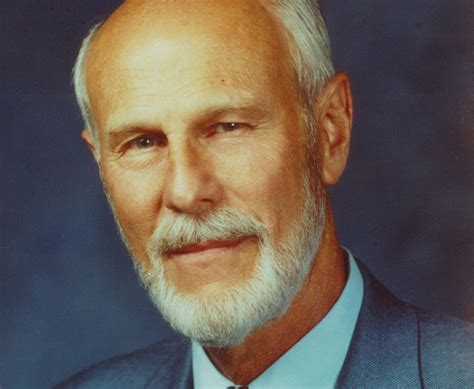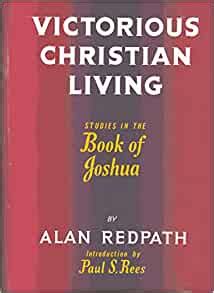A Quote by Maximus the Confessor
If you make provision for the desires of the flesh and bear a grudge against your neighbor on account of something transitory, you worship the creature instead of the Creator.
Related Quotes
Nothing disciplines the inordinate desires of the flesh like service, and nothing transforms the desires of the flesh like serving in hiddenness. The flesh whines against service but screams against hidden service. It strains and pulls for honour and recognition. It will devise subtle, religiously acceptable means to call attention to the service rendered. If we stoutly refuse to give in to this lust of the flesh, we crucify it. Every time we crucify the flesh, we crucify our pride and arrogance.
To reverence the impersonal creation instead of the personal God who created us is a perversion designed for escaping moral accountability to the Creator. God indicts those who worship the creation instead of its Creator (Rom 1:18-23); and warns of the corruption of morals and behavior which results.
Dear friends, let us not forget the flesh of Christ which is in the flesh of refugees: their flesh is the flesh of Christ. It is also your task to direct all the institutions working in the area of forced migration to new forms of co-responsibility. This phenomenon is unfortunately constantly spreading. Hence your task is increasingly demanding in order to promote tangible responses of closeness, journeying with people, taking into account the different local backgrounds.
Deep down in the Christian's life, always and all the time, there is to be a "no" to every demand that the flesh may make for recognition, and every demand that the flesh may make for approval, and every demand that the flesh may make for vindication. Always the Christian must bear about in his body the marks of the Lord Jesus.
The usual reproach against the essay, that it is fragmentary and random, itself assumes the givenness of totality and suggests that man is in control of this totality. The desire of the essay, though, is not to filter the eternal out of the transitory; it wants, rather, to make the transitory eternal.
































